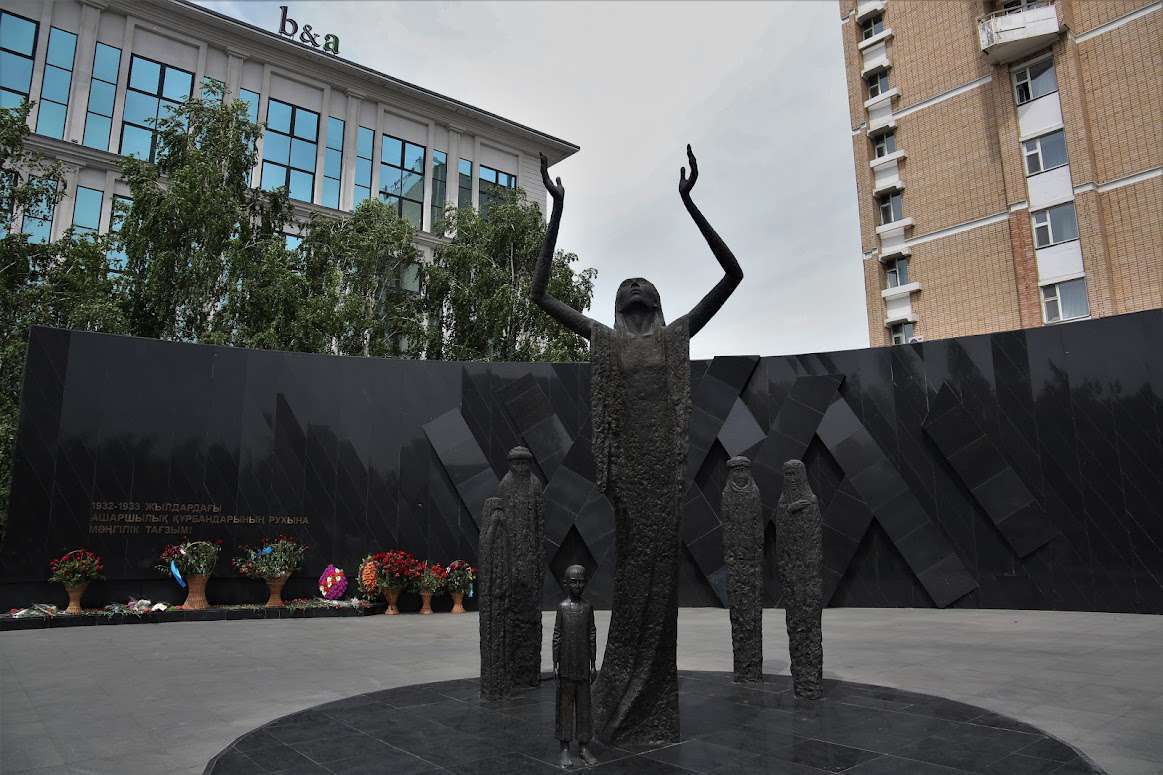ASTANA – On May 31, Kazakhstan pays tribute and memory to the victims of political repression and famine of the last century, President Kassym-Jomart Tokayev wrote on his X account.

Photo credit: Adilbek Tauekelov/Kazpravda
Tokayev wrote that Kazakhstan pays considerable attention to restoring historical justice for the innocent victims of repression and to a scrupulous and objective study of the dark pages of history.
“Only by fully learning the terrible lessons of the past and preserving their memory will we be able to overcome any challenges and reach new heights on the path to building a just state and a harmonious society,” he wrote.
The 1920s and 1930s were marked by mass repressions, targeting the Kazakh national elites, intelligentsia and clergy. Thousands of people were affected, many of whom were sent to camps.
At the end of 1928, nearly all active members of the Alash party, who were called “bourgeois nationalists,” and several other prominent figures, were arrested on false charges. Among them were Akhmet Baitursynuly, Alikhan Bokeikhan, Mirzhakyp Dulatov, Mukhamedzhan Tynyshpayev, Magzhan Zhumabayev, Saken Seifullin, Ilyas Zhansugurov, Beimbet Mailin, Sanzhar Asfendiyarov, Sultanbek Khozhanov, Turar Ryskulov, Smagul Sadvakassov, and Abdrakhman Baidildin.
During World War II, many Kazakhs were drafted to the front or sent to the rear to support the war effort. At the same time, the Soviet leadership continued repression against “internal enemies,” viewing them as potential threats to national security.
Even after the war, political repressions in Kazakhstan persisted. The regime continued to suppress dissent through mass arrests, deportations, and prosecutions.
The date was established by decree of former Kazakh President Nursultan Nazarbayev on April 5, 1997. According to official statistics, from 1921 to 1954, around 100,000 people were convicted in Kazakhstan, of whom over 20,000 were executed.
